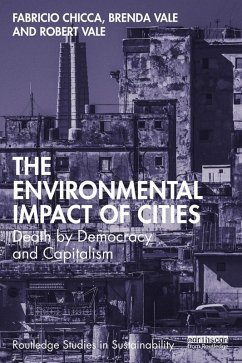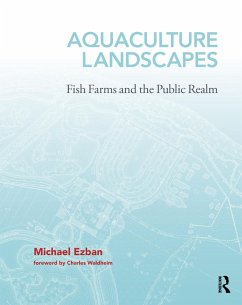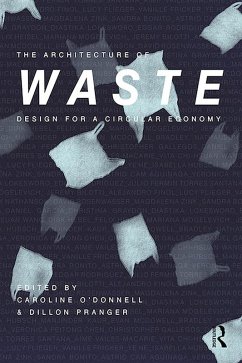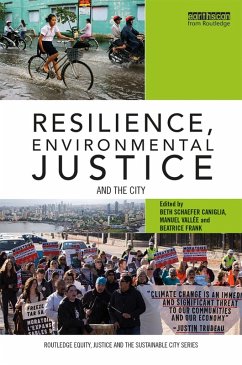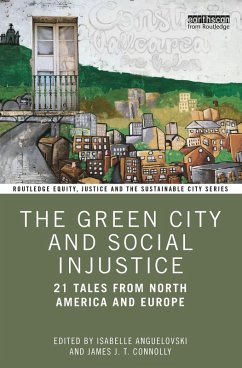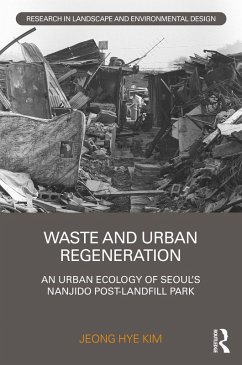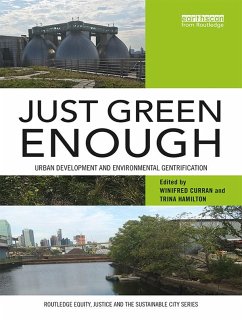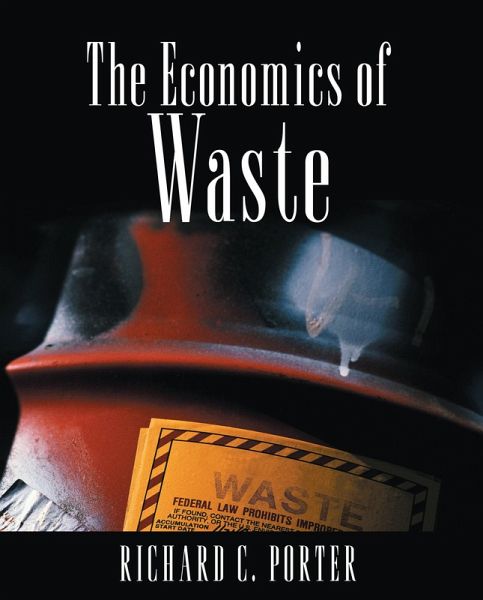
The Economics of Waste (eBook, ePUB)

PAYBACK Punkte
25 °P sammeln!
In this concise, engaging, and provocative work, Richard Porter introduces readers to the economic tools that can be applied to problems involved in handling a diverse range of waste products from business and households. Emphasizing the impossibility of achieving a zero-risk environment, Porter focuses on the choices that apply in real world decisions about waste. Acknowledging that effective waste policy integrates knowledge from several disciplines, Porter focuses on the use of economic analysis to reveal the costs of different policies and therefore how much can be done to meet goals to pr...
In this concise, engaging, and provocative work, Richard Porter introduces readers to the economic tools that can be applied to problems involved in handling a diverse range of waste products from business and households. Emphasizing the impossibility of achieving a zero-risk environment, Porter focuses on the choices that apply in real world decisions about waste. Acknowledging that effective waste policy integrates knowledge from several disciplines, Porter focuses on the use of economic analysis to reveal the costs of different policies and therefore how much can be done to meet goals to protect human health and the environment. With abundant examples, he considers subjects such as landfills, incineration, and illegal disposal. He discusses the international trade in waste, the costs and benefits of recycling, and special topics such as hazardous materials, Superfund, and nuclear waste. While making clear his belief that not every form of waste presents the same amount of risk, Porter stresses the need for open-minded approaches to developing new policies. For students, policymakers, and general readers, he provides insight and accessibility to a subject that others might leave out-of-sight, out-of-mind, or buried under an impenetrable prose of statistics and jargon.
Dieser Download kann aus rechtlichen Gründen nur mit Rechnungsadresse in A, B, BG, CY, CZ, D, DK, EW, E, FIN, F, GR, HR, H, IRL, I, LT, L, LR, M, NL, PL, P, R, S, SLO, SK ausgeliefert werden.





